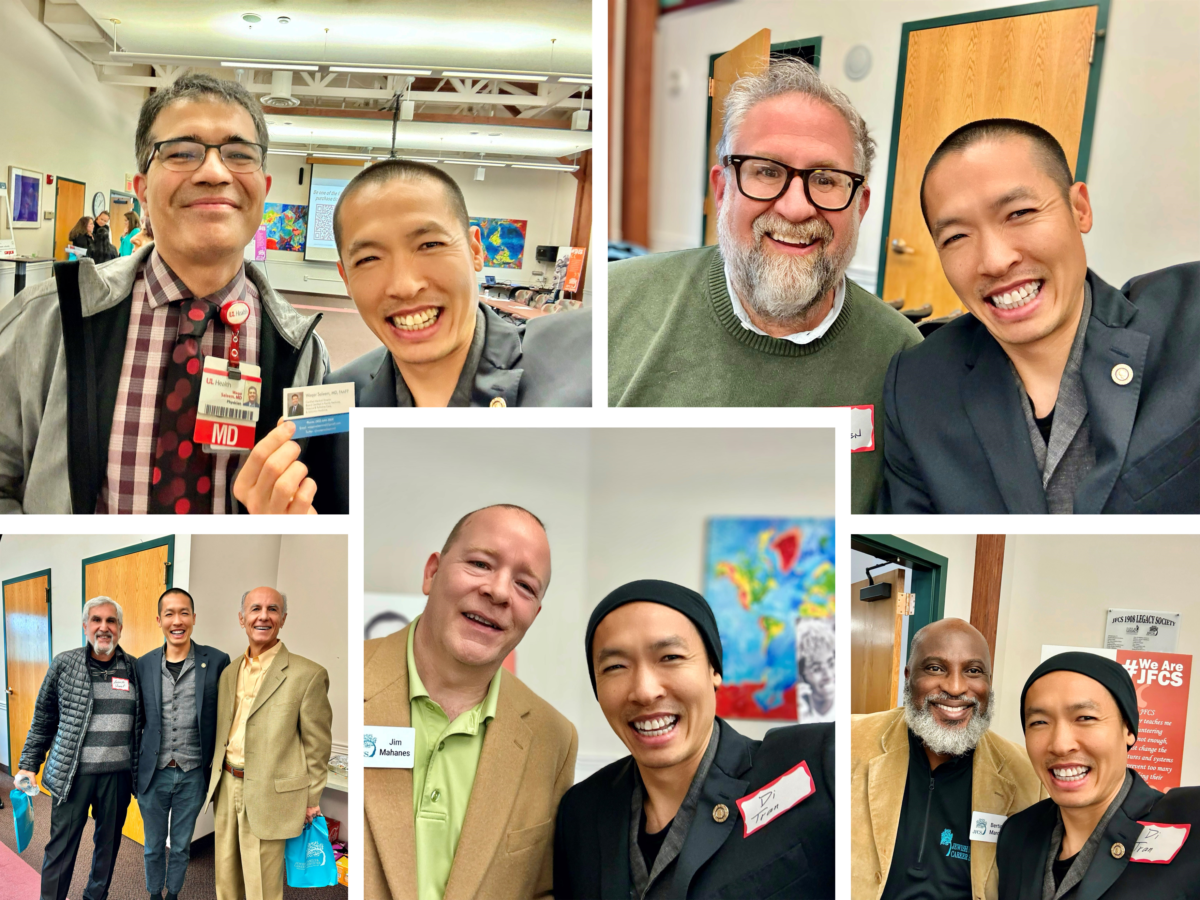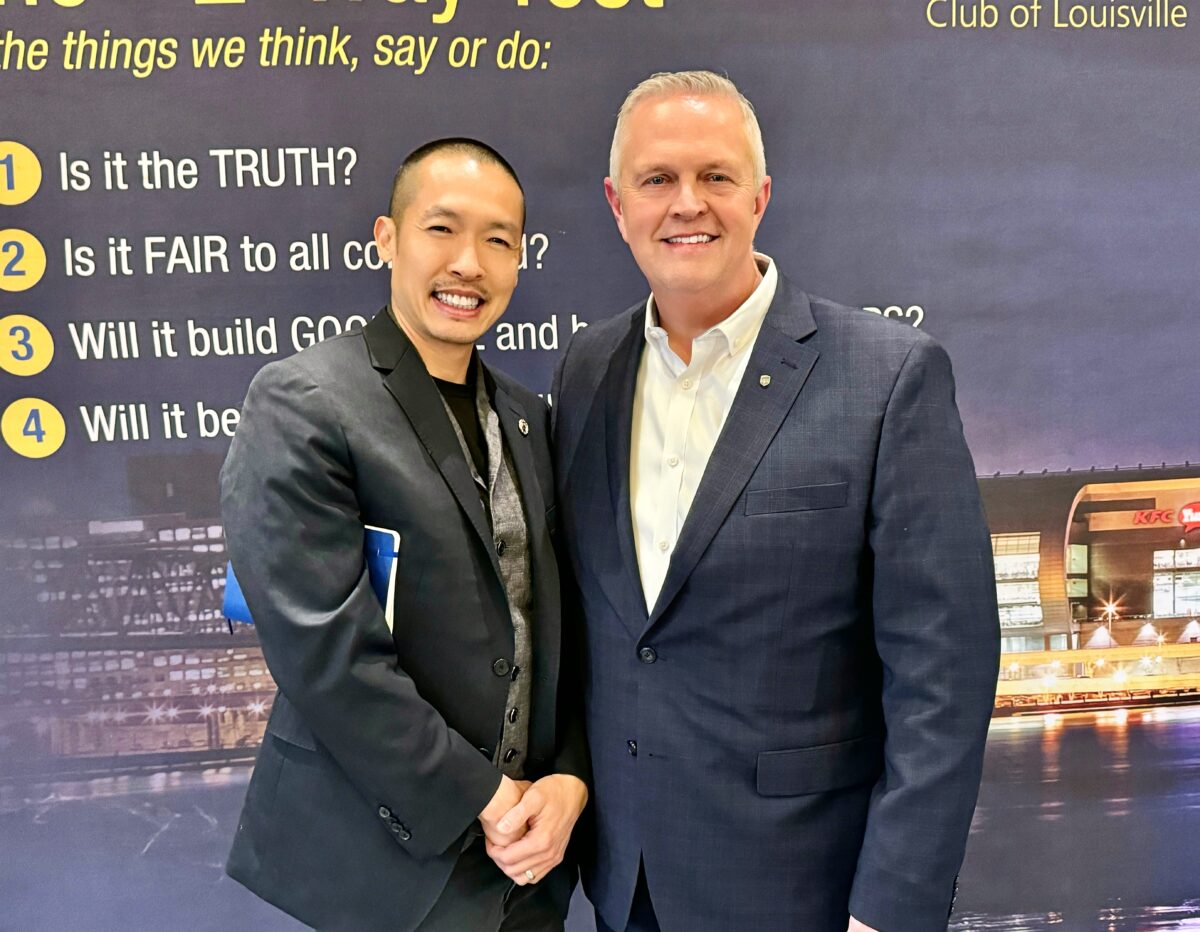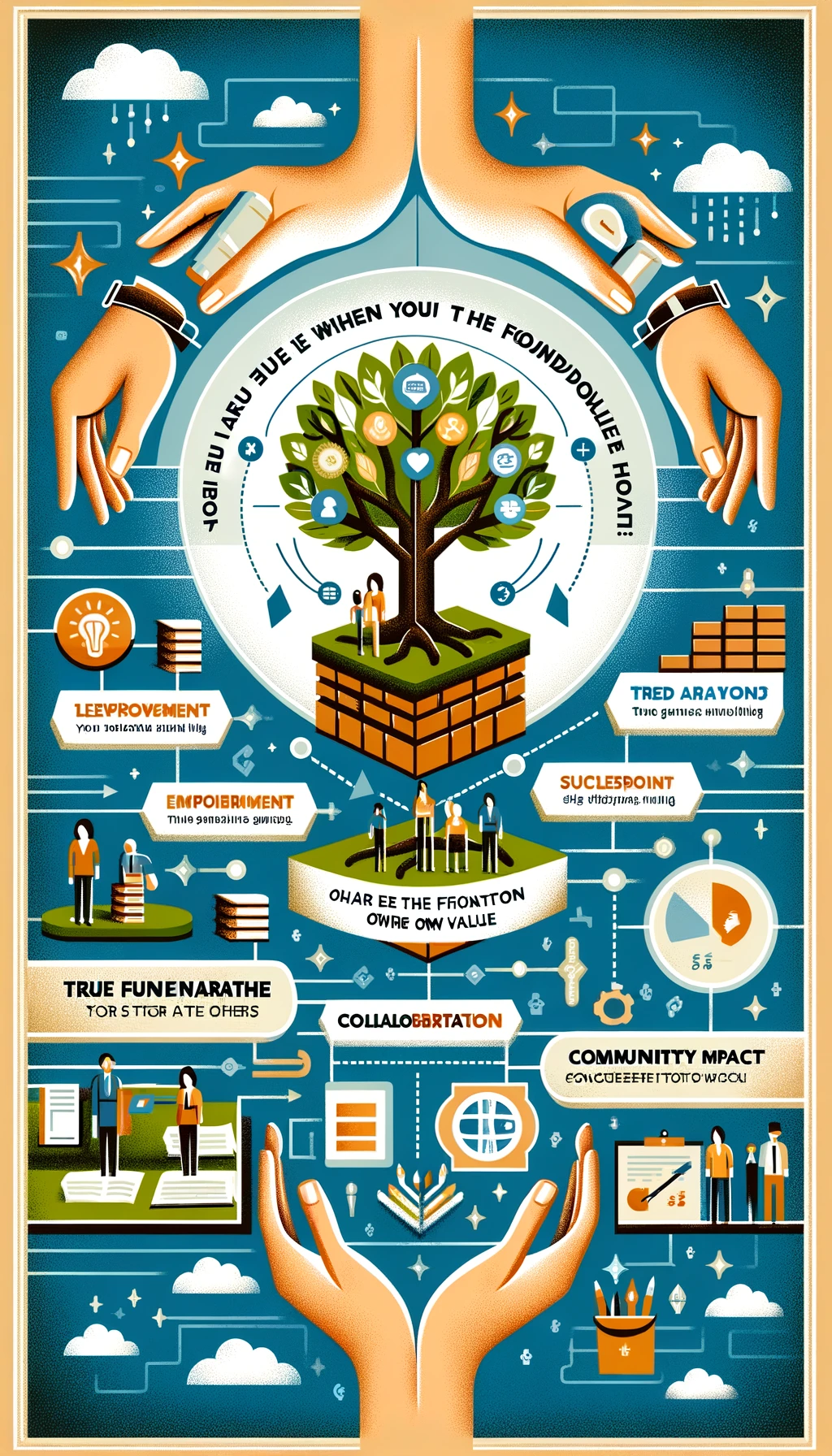Today, Louisville is abuzz with anticipation as the Jewish Family & Career Services (JFCS) hosts the MOSAIC Awards Honoree Luncheon. This prestigious event is more than just a ceremony; it’s a vibrant tapestry woven with stories of resilience, diversity, and community service. Among the honorees is Di Tran, a testament to the spirit of determination and entrepreneurship. However, the spotlight shines equally on all the remarkable individuals who have come together to celebrate their shared commitment to workforce development and community enrichment.
The MOSAIC Awards are a tribute to those who have left behind their familiar surroundings, high-ranking positions, or humble beginnings in their countries of origin to start anew in the United States. Each honoree’s journey is unique, yet they all share a common thread: a relentless pursuit of self-improvement and societal contribution. They have embraced workforce development not only as a means of personal growth but as a way to add value to the society that has welcomed them with open arms.
The luncheon is a melting pot of cultures, with honorees hailing from diverse backgrounds such as Vietnam, Afghanistan, Iran, Iraq, Bosnia, Mexico, Cuba, Somalia, Guatemala and more. Despite their varied origins, they all share a dedication to uplifting the immigrant community and integrating them into the workforce. Many of these individuals have achieved high levels of education in the U.S., while others have transitioned from having limited English proficiency to becoming successful entrepreneurs and professionals.
The MOSAIC Awards symbolize love, family, inspiration, and inclusivity. They celebrate the hard-earned successes of those who have faced and overcome significant challenges. The stories shared at the luncheon are a powerful reminder that adversity can be transformed into opportunity, and that diversity is a strength that propels Louisville and the state of Kentucky forward.
As the honorees share their experiences and aspirations, the room is filled with a sense of unity and purpose. Each individual, in their own way, is contributing to the fabric of the community, pulling others along with them to achieve greatness. The MOSAIC Awards Honoree Luncheon is not just an event; it’s a testament to the enduring spirit of hope, resilience, and collective progress that defines the city of Louisville and its vibrant immigrant community.
Di Tran himself shared, “I am among the great of all honorees here and felt small in contribution to the Louisville city and Kentucky State, and I am learning hard to accelerate my rate of contribution like all of you here in the room.” His eagerness to learn and contribute further highlight the essence of the MOSAIC Awards – a celebration of individuals who are not only achieving personal success but are also dedicated to uplifting those around them.










